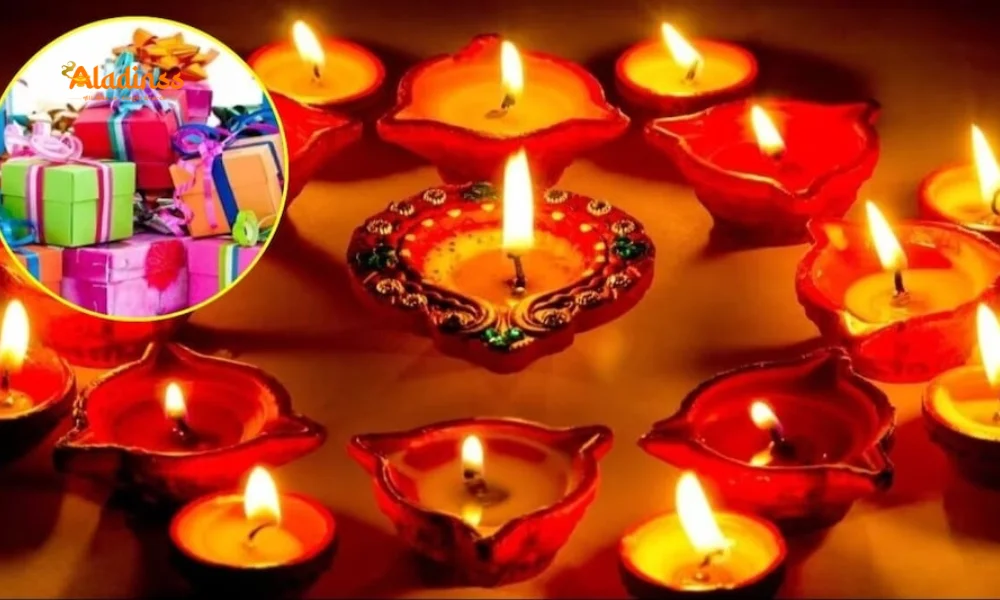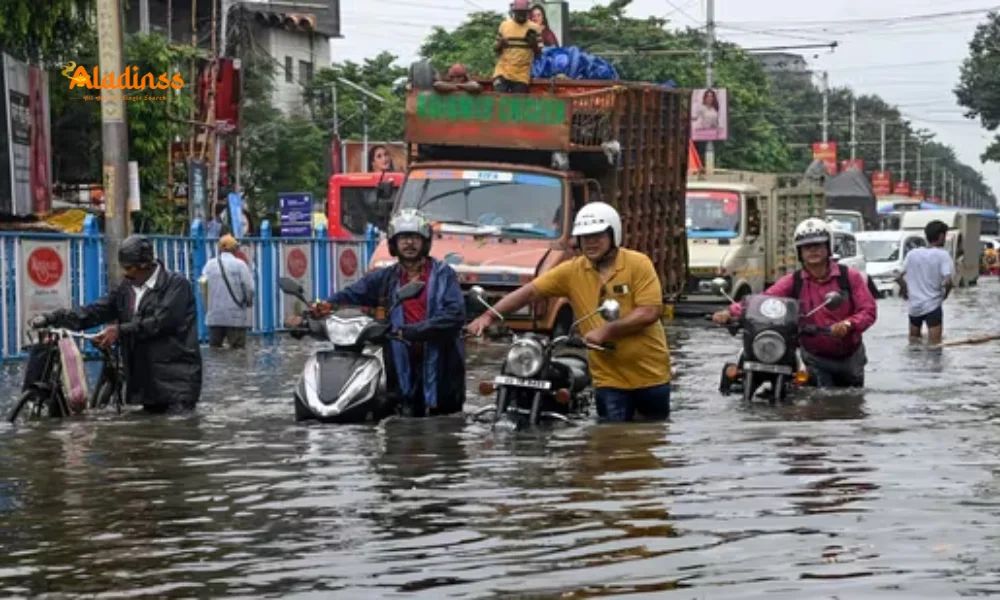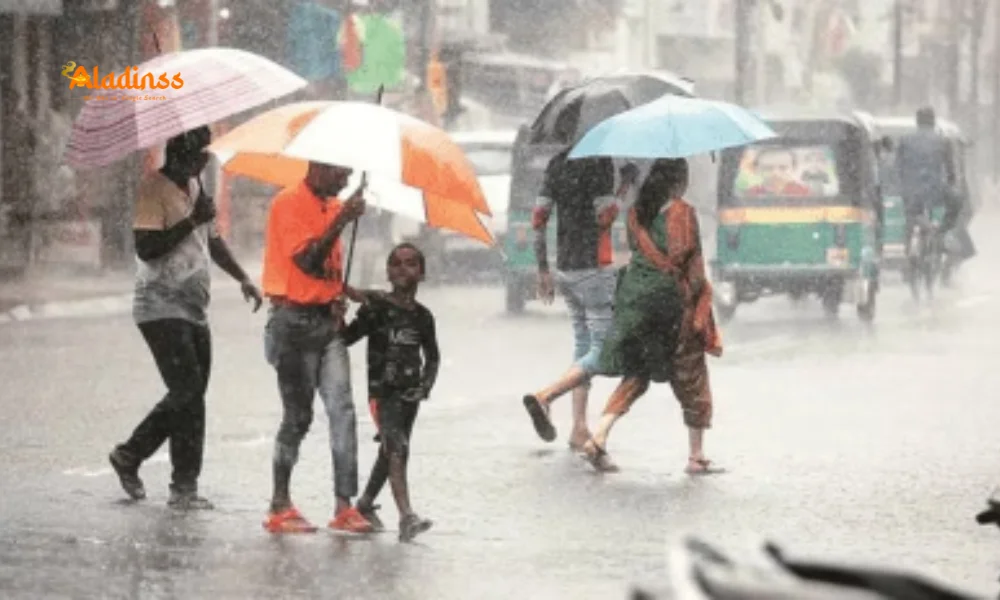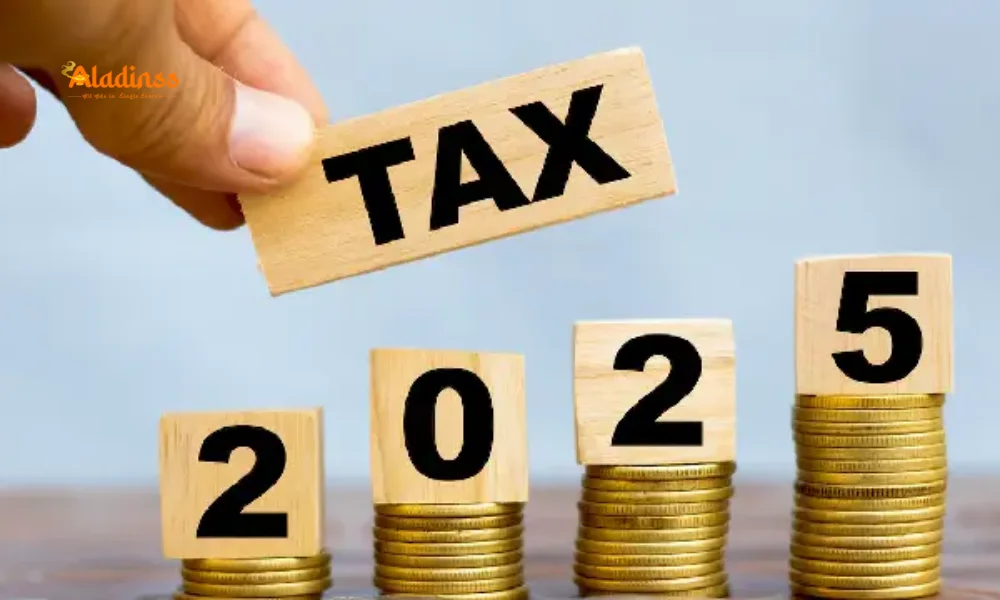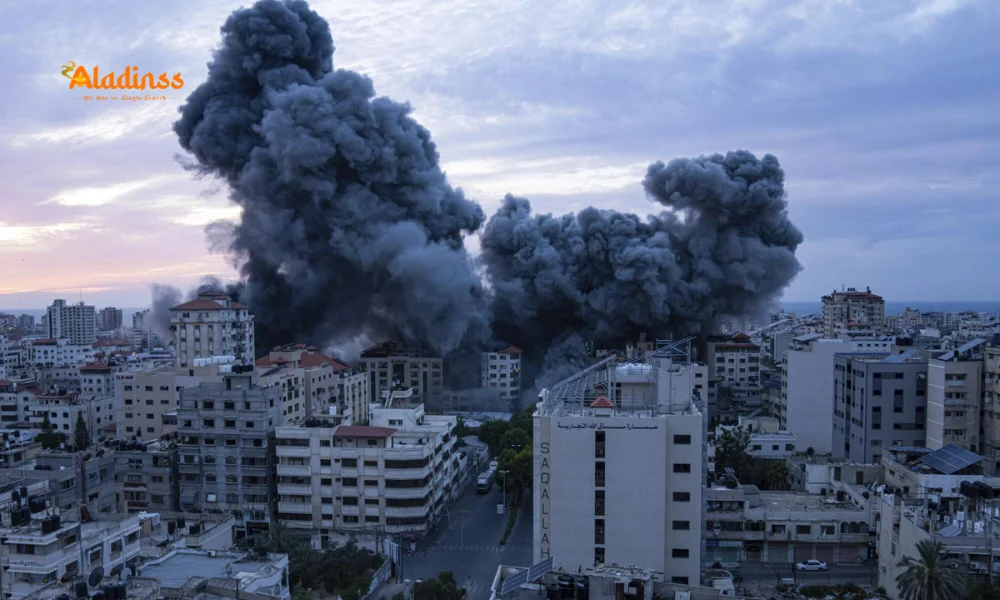PM Modi Congratulates Sushila Karki as Nepal’s Interim Prime Minister
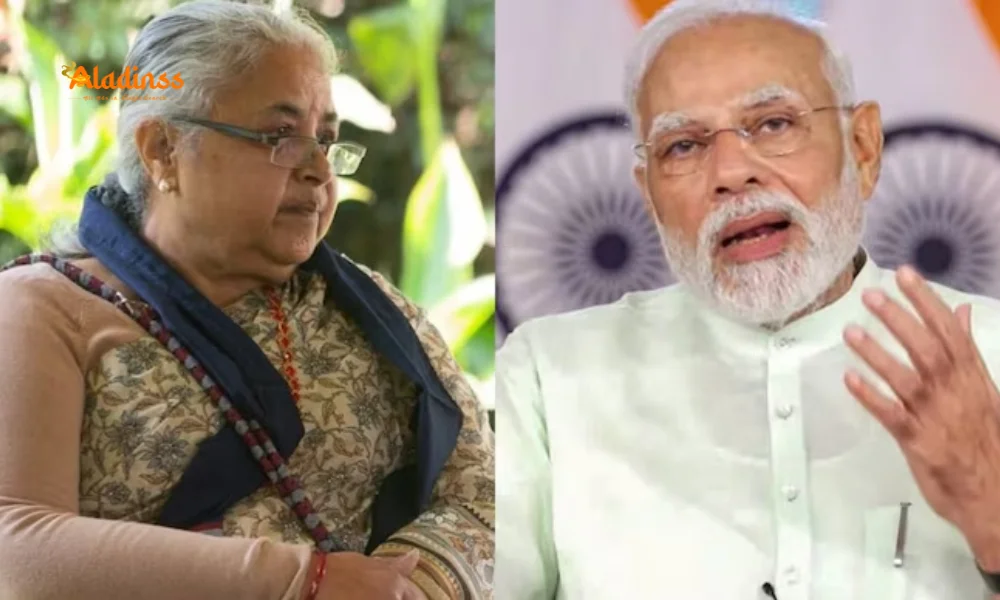
PM Modi Congratulates Sushila Karki as Nepal’s Interim Prime Minister
On September 13, 2025, Prime Minister Narendra Modi extended his congratulations to Sushila Karki, Nepal’s first female Prime Minister, who was sworn in as the interim leader of the Himalayan nation on September 12, 2025, following a period of intense political turmoil. Modi’s message, shared via a social media post, underscored India’s commitment to the peace, progress, and prosperity of Nepal. The appointment of Karki, a former Chief Justice and anti-corruption activist, marks a historic moment for Nepal, as she steps into the role amid widespread unrest triggered by youth-led protests against corruption and a controversial social media ban. The Indian government, through its Ministry of External Affairs, also expressed optimism that Karki’s leadership would foster stability in the region.
Modi’s Message of Support
In his first public reaction to Sushila Karki’s appointment, Prime Minister Modi wrote on X, “I extend my best wishes to Right Hon. Mrs. Sushila Karki on assuming office as the Prime Minister of the Interim Government of Nepal. India remains firmly committed to the peace, progress, and prosperity of the people of Nepal.” This statement, posted on September 13, 2025, reflects India’s longstanding diplomatic ties with Nepal and its interest in supporting the neighboring country during a critical transitional phase. Modi’s remarks came shortly after Nepal’s President Ram Chandra Paudel administered the oath of office to Karki at the presidential residence, Sheetal Niwas, in Kathmandu.
The Indian Ministry of External Affairs echoed Modi’s sentiments in a statement released late on September 12, 2025. “As a close neighbor, a fellow democracy, and a long-term development partner, India will continue to work closely with Nepal for the well-being and prosperity of our two peoples and countries,” the ministry stated. This response highlights India’s strategic interest in Nepal’s stability, given the two nations’ shared border, cultural ties, and history of cooperation on economic and security issues.
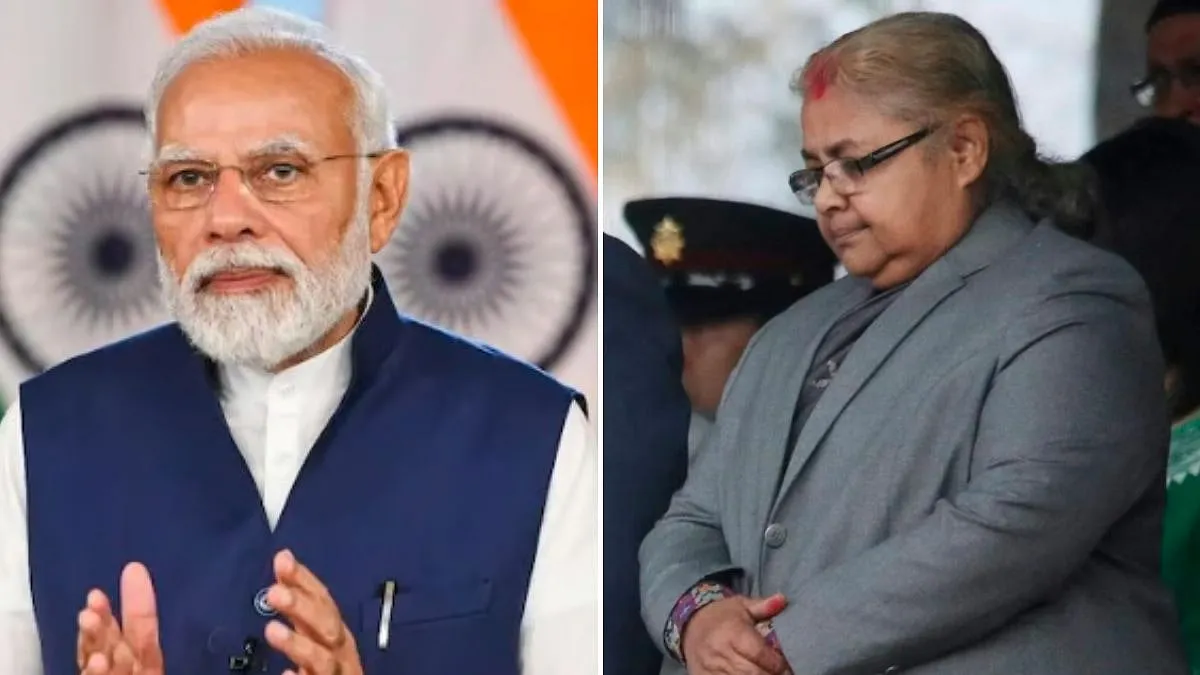
Sushila Karki’s Historic Appointment
Sushila Karki, aged 73, made history as Nepal’s first female Prime Minister, a milestone celebrated by many in the country and beyond. A former Chief Justice of Nepal’s Supreme Court from July 2016 to June 2017, Karki is widely respected for her zero-tolerance stance on corruption and her commitment to judicial independence. Her appointment as interim Prime Minister followed days of intense negotiations between President Paudel, representatives of the Gen Z protest movement, and Nepal’s army chief, General Ashok Raj Sigdel. Karki emerged as the consensus candidate after the resignation of former Prime Minister KP Sharma Oli, whose government collapsed amid violent protests.
Karki’s selection was driven by Nepal’s youth, particularly the Gen Z movement, which sought a neutral, non-political figure to lead the interim government. Her reputation as an upright jurist and anti-corruption advocate made her an ideal choice, drawing comparisons to Nobel laureate Muhammad Yunus, who led Bangladesh’s interim government following a similar youth-led uprising. In an interview with CNN-News18, Karki expressed her readiness to take on the role, stating, “The Gen Z group led the recent movement in Nepal, and they trusted me to lead the government for a short period.” Her immediate priority, she noted, would be to honor the families of those killed during the protests.
The Gen Z Protests and Political Turmoil
The backdrop to Karki’s appointment was a wave of youth-led protests, dubbed the “Gen Z revolution,” which began on September 8, 2025, in Kathmandu and other cities like Pokhara, Butwal, and Birgunj. Initially sparked by a controversial government ban on major social media platforms, citing tax revenue and cybersecurity concerns, the protests quickly escalated into a broader anti-corruption movement. Demonstrators, primarily young students, accused the Oli administration of corruption, nepotism, and misrule. The government’s response, including a police crackdown that killed over 20 people—mostly students—and injured hundreds, fueled public outrage and led to Oli’s resignation on September 10, 2025.
The violence continued even after Oli stepped down, with mobs torching government buildings, including the Parliament, and the residences of political leaders. By September 11, 2025, the death toll had risen to over 50, with more than 1,300 injuries reported. The Nepal Army imposed nationwide curfews and restrictive orders to restore calm, with soldiers guarding key institutions like the Supreme Court and Parliament. The unrest underscored deep public frustration with Nepal’s political elite, prompting the Gen Z movement to demand a new direction for the country, culminating in Karki’s appointment.
India’s Response to Nepal’s Crisis
India’s response to Nepal’s political crisis has been closely watched, given the two nations’ shared history and geopolitical significance. On September 9, 2025, Modi chaired a meeting of the Cabinet Committee on Security to discuss the escalating violence in Nepal. In a post on X, he described the situation as “heart-rending” and expressed anguish over the deaths of young protesters. “The stability, peace, and prosperity of Nepal are of utmost importance to us,” Modi stated, signaling India’s vested interest in its neighbor’s stability. This sentiment was reiterated in his congratulatory message to Karki, emphasizing India’s role as a supportive partner.
The Ministry of External Affairs’ statement on September 12, 2025, further reinforced India’s commitment to Nepal’s well-being. As a key development partner, India has historically supported Nepal through infrastructure projects, educational exchanges, and economic aid. The ministry’s hope for peace and stability under Karki’s leadership reflects India’s strategic interest in maintaining a stable neighbor, particularly given Nepal’s position between India and China, where geopolitical tensions often play out.
Sushila Karki’s Background and India Connection
Born on June 7, 1952, in Biratnagar, Nepal, Sushila Karki rose from humble beginnings as the eldest of seven children in a farming family. Her academic journey took her to India, where she earned a Master’s degree in Political Science from Banaras Hindu University (BHU) in 1975. In an interview with CNN-News18, Karki fondly recalled her time in Varanasi, saying, “I still remember my late teachers, my late friends, and the river Ganga.” Her connection to India, coupled with her admiration for Indian leaders, including Modi, whom she greeted with “Main Modi ji ko namaskar karti hoon,” underscores the personal and diplomatic ties between the two nations.
Karki’s legal career began in 1979, and she became a senior advocate in 2007 before serving as Nepal’s first female Chief Justice. Her tenure was marked by landmark decisions, including the conviction of a government minister for corruption, though she faced controversy when an impeachment motion was filed against her in 2017, which was later withdrawn. Her reputation for integrity and independence has made her a unifying figure for Nepal’s youth, who see her as a beacon of hope in a fractured political landscape.
The Road Ahead for Nepal
Karki’s interim government faces significant challenges, including restoring public trust, addressing the demands of the Gen Z protesters, and preparing for elections tentatively scheduled for March 2026. The dissolution of Parliament, a key demand of the protesters, remains a contentious issue, with ongoing discussions between the President, the army, and youth representatives. Karki has pledged to prioritize support for the families of those killed in the protests and to work toward a “new beginning” for Nepal, focusing on transparency and governance reform.
The protests, while disruptive, have highlighted the power of Nepal’s youth in shaping the country’s future. Social media platforms, particularly X, have been abuzz with hashtags like #NepalProtests and #SushilaKarki, reflecting both domestic and international interest in the developments. As Nepal navigates this transitional phase, India’s support, as articulated by Modi and the Ministry of External Affairs, will be crucial in ensuring stability and fostering bilateral cooperation.
Comment / Reply From
No comments yet. Be the first to comment!

